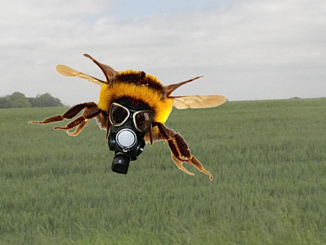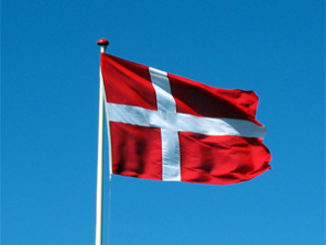In early April 2012, Poland’s Minister of Agriculture, Marek Sawicki, announced the country’s decision to implement a ban on Monsanto’s genetically modified strain of maize, MON810. Minister Sawicki is planning to implement this ban after new regulation – Seed Act will be adopted by Polish Parliament. Unfortunatelly the work on this Act is still continuing and Ministry of Agriculture hasn’t response to the fact that MON810 strain of maize was already sown for the harvest this year.

Slightly prematurely Mr. Sawicki’s announcement was described by international media as an important international precedent against Monsanto’s harmful genetically modified crops. It is now crucial that the international community encourages Poland’s decision to prioritise environmental and public health over profit.
One of the primary reasons that Poland has decided to ban Monsanto’s strain of genetically modified corn, MON810, is because the pollen released from the crop may have a devastating effect on already dwindling bee populations. In March, Sawicki met with beekeepers taking part in a “march in defense of bees.” Poland is one of the leading producers of honey in the European Union. “Honey is the most obvious symbol of healthy food, because bees live only where the environment is clean and healthy and where agriculture uses methods that are safe to consumers,” said Marek Sawicki at a recent conference on beekeeping and the honey market in Poland.
There are 50,000 registered beekeepers in Poland today and more than 1.2 million bee colonies. Beekeeping is developing steadily, with honey production growing accordingly, reaching 23,000 metric tons in 2011. Additionally, the strain (along with other genetically modified crops) has been linked to a variety of health ailments and is considered toxic to many vital insects. In some regions of Poland each year in May even 80 per cent of bees die when it is the time of rape seed flowering. Some experts are linking this massive colapse of bee population to widespread cultivation of illegal GM rape seed in some parts of Poland.
Several other countries from the European Union, including France, Germany, Austria, Hungary and Greece, have banned the cultivation of MON810 on their territories due to concerns that it causes environmental damage. Even so, the European Commission has not reached a unified decision regarding whether or not to allow genetically modified crops.




